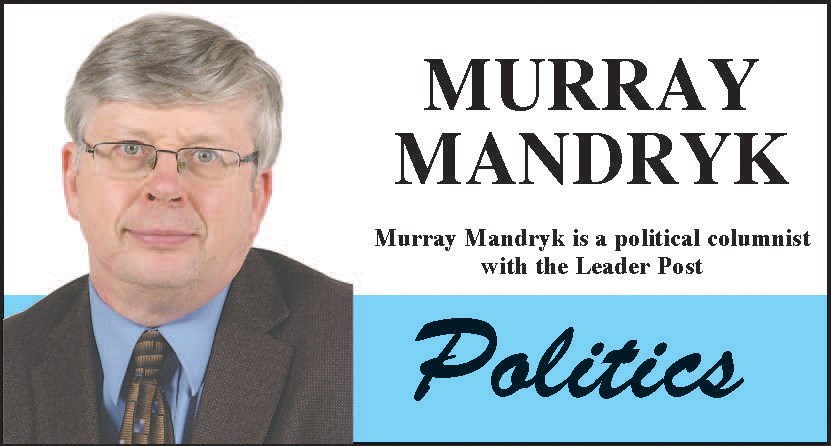If we are suppose to be getting on with business in Saskatchewan that surely should mean getting on with the business of the legislature.
Sure, we are still a long ways from business as usual in this province, but that’s all the more reason to see politicians return to the Legislative Assembly.
There were some tremendous strides made in the past week of so that have resulted in active COVID-19 cases eliminated in all of Southern Saskatchewan (including Regina) and virtually eliminated in central Saskatchewan (with one active case and 13 in Saskatoon).
The problem is the virus has migrated north. There are 29 active cases in the “north” area from Meadow Lake, North Battleford, Lloydminster through to Prince Albert, Melfort and Nipawin.
However, most can still be attributed to that outbreak at the Lloydminster hospital, leaving “rural Saskatchewan” as virtually COVID-19-free.
However, the “far north” is an entirely different story, with a whopping 151 active cases – mostly due to that outbreak in La Loche brought back from returning oilsands workers.
Fortunately, the province’s death toll remains at six.
The curve in Saskatchewan has been essentially flattened, but this is not to suggest that Premier Scott Moe’s government has been wrong in being exceedingly cautious or that excessive caution still isn’t needed. As La Loche has demonstrated, a violent
COVID-19 outbreak can occur anytime, anywhere if we don’t continue to practice our social distancing rules.
If anything, the overall success in this province seems to suggest the Sask. Party government has done the right things.
But if we are to move ahead as a province, Moe’s government members have to show leadership by getting back to work themselves.
There were 52,000 fewer Saskatchewan people working in April than in March and 73,000 fewer working people since February. This province needs to get a lot of people working again and governments have to rise to the challenge with creative and affordable policies that accomplish just that.
One might argue that getting people back to work is exactly the intent of Moe’s recent additional $2 billion in capital spending – $150 million of which is directed towards municipality so that they don’t have to dip into their capital spending budgets to balance their operating costs.
This is a big spending choice that the Sask. Party government has a right to make and can make it whether or not the legislature is sitting.
However, the devil is always in the details, so what’s really needed right is scrutiny – legislative committee debate on the spending – to achieve accountability.
Finance Minister Donna Harpauer announced a couple weeks back that Saskatchewan is facing a revenue shortfall in the 2020-21 budget of anywhere between $1.3 billion and $3.3 billion that translates into an annual budget deficit of that size.
And that was before Moe’s $2 billion bailout announcement.
What all this means is that Moe simply cannot expect to be allowed to govern without legislative scrutiny of policies and without presenting a full budget before the legislature – preferably, before he goes to the polls in October.
This is about the principle in our Westminster parliamentary-style of democracy called “grievance before supply”, where even kings were expected to hear from representatives of parliament before levying taxes.
And contrary to what Moe has been saying, no budget or even spending estimates were actually tabled in the legislature on March 18 before adjournment to deal with COVID-19 pandemic.
Yes, the Sask. Party does have the limited authority until a budget is passed to govern through “special warrants”.
But that is a temporary fix. Democratic principles need to prevail and the ultimate democratic principle is scrutiny of the taxes collected.
In these challenging times, one could argue such scrutiny is needed more than ever.
Murray Mandryk has been covering provincial politics since 1983.



